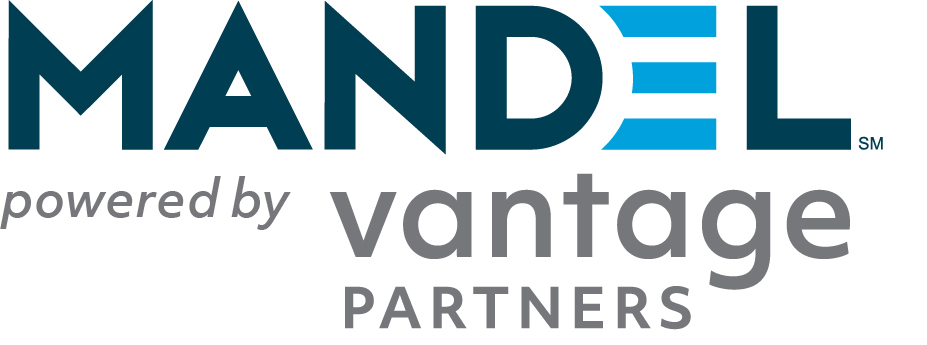Everyone has had to answer tough questions in their careers.
Questions that challenge your ideas and opinions – perhaps even your credibility.
It can be incredibly easy to lose your cool in these situations. Some people react by shutting down or getting so nervous that their voices shake as they stumble through their answers. Others react defensively and may even say something in anger that they later regret.
How you respond to tough questions can make or break your relationship with listeners. Weak answers will undermine your credibility. Defensive responses will alienate people from you and your message.
So, how should you respond to tough questions?
At Mandel, we teach clients a three-step process for handling challenging questions and concerns called ARM™ (Align, Respond, Maintain).
Before responding to a challenging question, first pause and take a breath. Take the time to gather your thoughts and, if necessary, clarify the question to be sure you fully understand it. Then, repeat the question back if there’s a chance anyone in your audience didn’t hear it.
Step One: Align
Acknowledge the facts or emotions being expressed by your listener/questioner. Avoid superficial platitudes like, “I hear you” or “I know how you feel.”
Instead, find a way to validate the listener’s perspective, perhaps using some of the questioner’s own language to show that you really heard them. When appropriate, make it personal by using the person’s first name.
Step Two: Respond
Most importantly, avoid using conjunctives like these at the beginning of your response: but, however, although, or nevertheless. These words can sound defensive and quickly undermine the work you’ve done up to this point to align with your listener.
Instead, deliver the necessary information or describe how you can help in an objective and non-defensive manner.
Step Three: Maintain
Finish on a strong, positive note. Restate what you believe your listener should do, where appropriate. And, let your listener know you are committed to their success. Indicate what you’re willing to do to continue to support their success, using “I” statements where possible.
By reacting non-defensively to tough questions that challenge your ideas and recommendations, you’ll appear calm, cool, and collected under pressure. That’s a skill critical to your being seen as a credible contributor to — and leader of — your organization’s success.
Find out how to build a team of credible communicators who can effectively design, deliver, and defend their ideas — non-defensively, of course! Download Credible Messaging: The Missing Driver of Business Performance.







